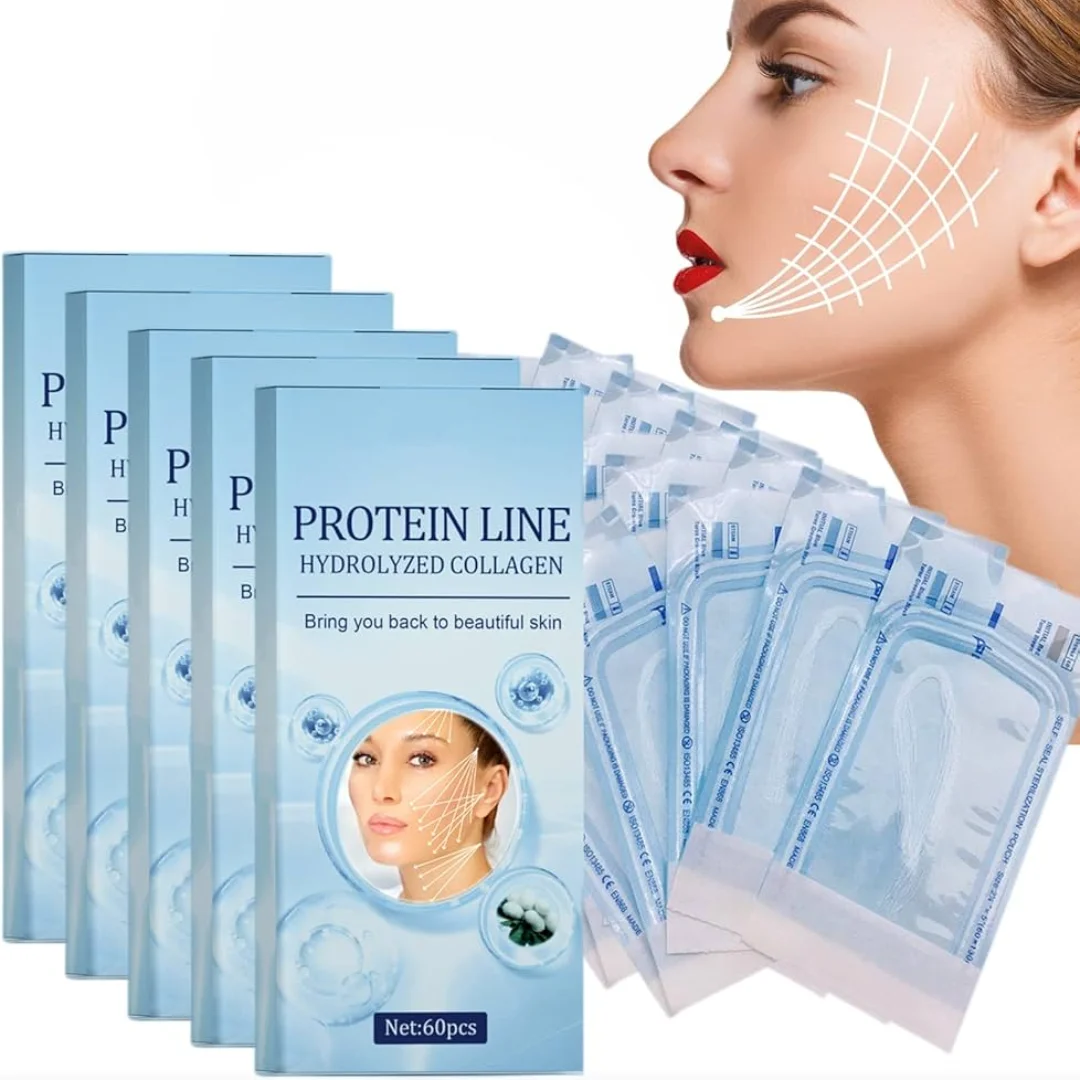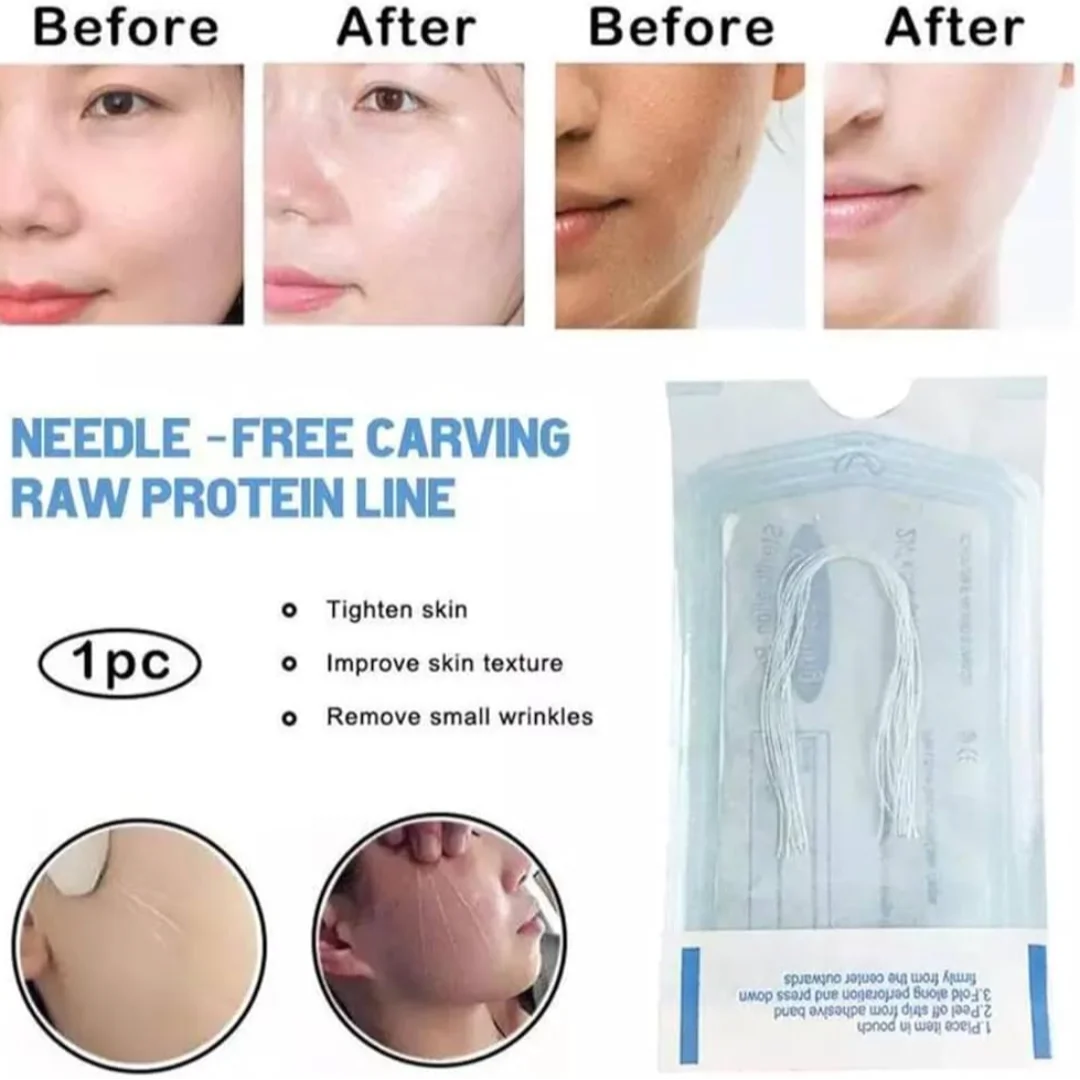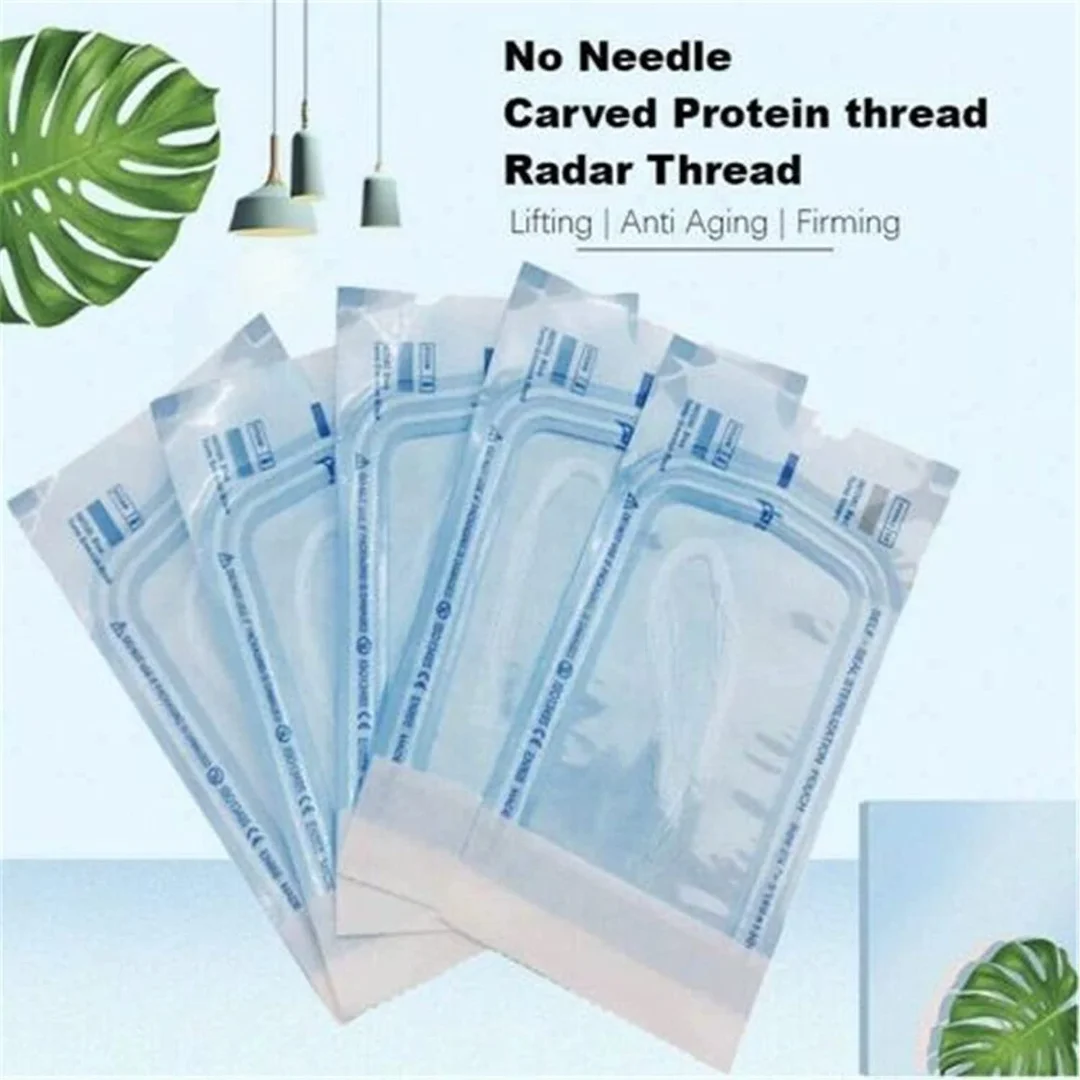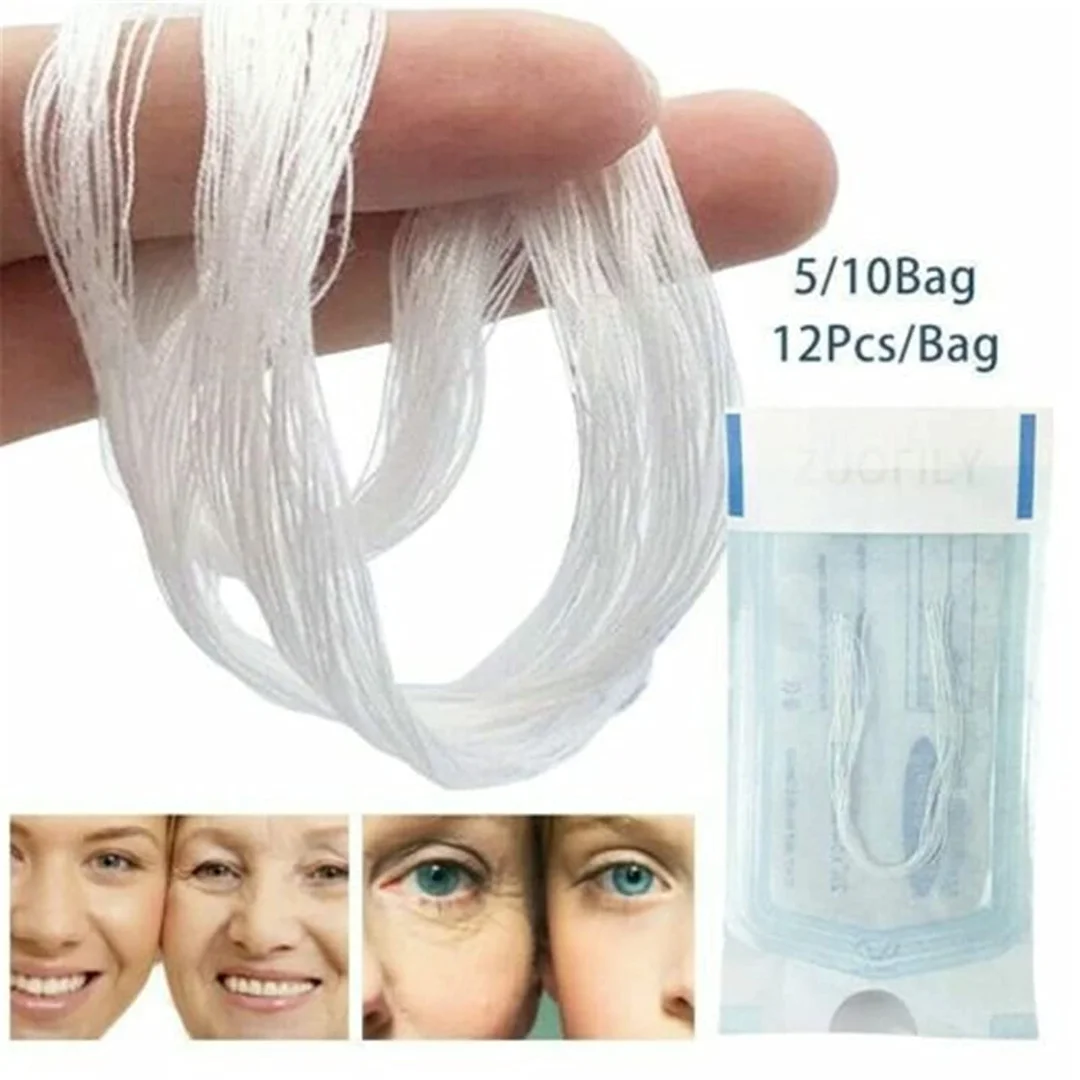









PROTEIN THREAD BY MIMISARA NEPAL
0
Shipping is calculated at checkout
Description
It seems like you're looking for more detailed information about Protein Thread. Here are additional explanations and contexts in which "Protein Thread" might be relevant:
1. Protein Threads in Biotechnology and Medicine:
Silk and Collagen-based Materials: One of the most common types of protein threads used in medicine is derived from silk fibroin, a protein found in silk produced by silkworms. Silk fibroin is particularly valuable because it is biocompatible and biodegradable. Researchers have been exploring its use in surgical sutures, drug delivery systems, and tissue engineering due to its ability to promote healing and its strength.
Collagen: Another important protein is collagen, a natural protein found in connective tissues like skin, tendons, and cartilage. Collagen-based fibers or threads are also used in wound healing or tissue regeneration because of their structural properties.
These biodegradable protein threads break down naturally in the body, which eliminates the need for removal and reduces the risk of complications.
2. Protein Threads in Textiles and Fashion:
Silk Threads: Silk has been used for centuries to create luxurious fabrics. The threads are spun from the silkworm’s cocoon and are rich in fibroin protein, giving silk its smooth texture, shine, and strength. Today, silk threads are still commonly used in luxury fabrics, fine embroidery, and high-end fashion items like clothing, scarves, and accessories.
Wool and Animal-based Protein Threads: Other fibers like wool or cashmere are also protein-based. Wool is made from the protein keratin, the same protein found in hair, nails, and skin. Cashmere, made from the undercoat of goats, is another example of protein thread, known for its softness and warmth.
3. Protein Threads in Hair Care and Beauty:
Protein-infused Hair Fibers: In hair care, protein threads are sometimes used as a concept in products designed to strengthen or thicken hair. These products typically involve adding proteins like keratin or silk proteins to hair treatments to help restore hair’s natural strength, reduce breakage, and improve texture.
Hair Extensions: Hair fibers made from keratin are also used in hair extensions. These protein threads mimic natural hair, offering both strength and flexibility. They can be used to extend the length of hair or to add volume.
4. Protein-based Threads in Environmental and Sustainable Design:
In recent years, there has been a growing trend of creating biodegradable fibers for sustainable design. Protein threads, particularly those made from natural sources like silk or wool, are being explored for use in eco-friendly textiles. As awareness around environmental impact grows, protein-based threads present an alternative to synthetic fibers like polyester or nylon, which are not biodegradable and contribute to pollution.
5. Protein Threads in Research and Materials Science:
Nano-fiber Production: Protein threads, particularly silk fibroin, are being studied for their potential in producing nano-fibers for a wide range of applications. Nano-fibers are incredibly fine threads, often used in filtering, sensing, and even in smart textiles.
Biomedical Engineering: Researchers are also exploring protein-based threads for their biomaterial properties in engineering artificial skin or muscle tissues. Protein threads like fibroin and keratin can be used to create scaffold-like structures that help in cell growth and regeneration in the field of tissue engineering.
6. Hair Restoration and Aesthetic Applications:
Keratin Protein Threads: In the cosmetic industry, protein threads made from keratin are often used for hair restoration or for covering thinning areas. These threads can be used in the form of keratin hair fibers that bond to natural hair and create the appearance of thicker, fuller hair.
7. Examples of Protein Threads in Innovation:
Silk-based Bio-materials: Researchers are investigating the potential of silk protein threads for use in sustainable fashion, biomedical devices, and smart textiles. Silk fibers are being integrated into wearable electronics, such as biosensors that can monitor a person's health indicators.
Synthetic Protein Threads: There is also ongoing research into creating synthetic versions of protein-based fibers that mimic natural silk, collagen, or keratin. These synthetic versions could potentially reduce reliance on animal-derived products and have applications in sustainable fashion and medical products.
8. Protein Threads in Art and Embroidery:
In the art world, protein threads such as silk are often used in high-quality embroidery. These threads are prized for their strength, sheen, and the ability to hold dye well. Fine embroidery made with these threads can be seen in traditional textiles, handcrafted garments, and decorative art in various cultures, including Nepal.
Conclusion:
Protein Threads play a critical role in a wide variety of industries, from biotechnology to fashion and hair care. Their natural strength, biodegradability, and versatility make them valuable in numerous applications. Whether in medical sutures, eco-friendly textiles, or hair restoration treatments, protein-based fibers are highly functional and are increasingly being used to promote sustainability and innovation.
If you are looking for a specific type of protein thread related to a product or brand, such as something from Mimisara Nepal, please feel free to share more context, and I can help with more focused information.
SKU: N/A
0